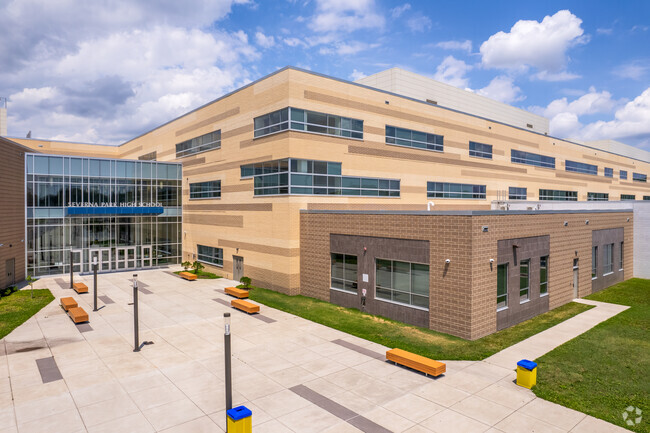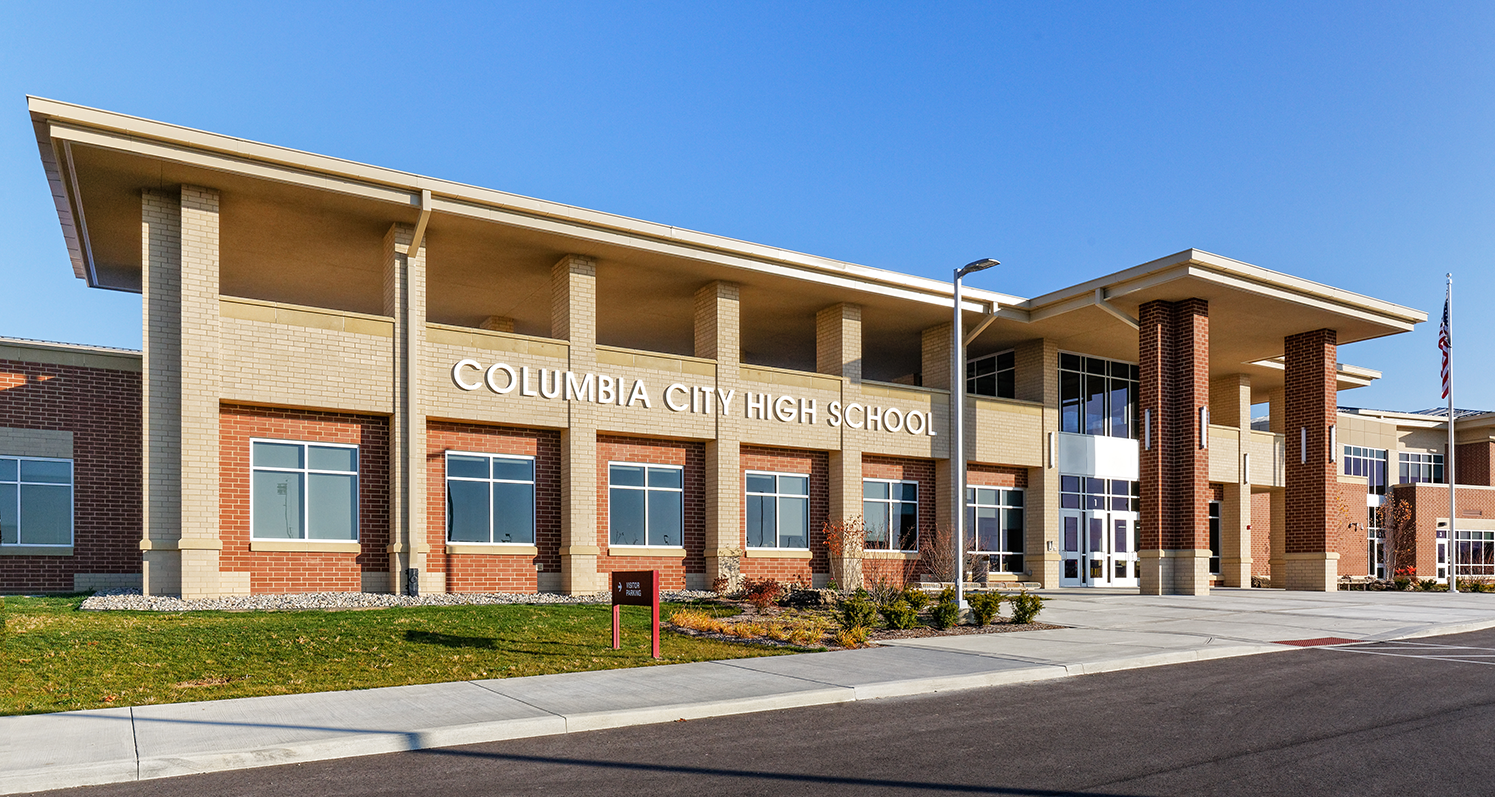Just How You Can Help Save Temecula Schools for Future Generations
Just How You Can Help Save Temecula Schools for Future Generations
Blog Article
Just How Schools Play an Essential Duty in Shaping Future Leaders and Trendsetters
By incorporating project-based understanding and interdisciplinary studies, instructional organizations challenge pupils to evaluate and synthesize intricate information. Teachers offer as advisors, leading trainees and nurturing their potential, while extracurricular tasks additionally establish leadership abilities and strength.
Fostering Important Thinking
In today's rapidly developing globe, fostering vital assuming within instructional institutions has actually come to be vital. As society faces increasingly complicated global obstacles, the capability to examine, evaluate, and manufacture details is crucial. Colleges play a crucial role in creating these skills, preparing trainees to navigate and attend to multifaceted troubles with informed, reasoned decisions.
To grow important reasoning, educators use numerous pedagogical strategies that encourage energetic discovering and intellectual involvement. Classroom conversations, problem-based understanding, and Socratic questioning are instrumental in promoting reflective and logical mind. By testing pupils to question assumptions and consider numerous viewpoints, these approaches make sure a deeper understanding of topic beyond memorizing memorization.
Furthermore, integrating critical thinking throughout the curriculum strengthens its value and applicability in varied contexts. Topics such as maths, scientific research, history, and literary works each offer unique opportunities to create students' crucial professors. As an example, analyzing historical occasions calls for examining sources and understanding context, while scientific query demands rigorous hypothesis testing and evidence-based thinking.
Eventually, instilling crucial assuming skills in trainees outfits them with the cognitive devices essential for lifelong discovering and flexibility. It is through this foundational competence that future leaders will certainly have the ability to innovate, address troubles, and add meaningfully to society.
Urging Creative Thinking
Accepting creative thinking within educational frameworks galvanizes students to believe beyond standard boundaries and explore cutting-edge options. By integrating creative endeavors and creative reasoning exercises into the curriculum, colleges cultivate an atmosphere where creativity and creative idea are valued. This approach not just enhances the instructional experience however likewise furnishes trainees with the ability to deal with real-world challenges in novel ways.
School can cultivate imagination via diverse methods such as project-based discovering, interdisciplinary studies, and the consolidation of arts and modern technology. Project-based learning, as an example, encourages pupils to apply their expertise in practical, often collaborative, tasks that demand creative analytic skills. Interdisciplinary studies allow students to draw links in between various topics, therefore widening their viewpoints and improving their innovative capabilities.
Additionally, supplying students with chances to involve with emerging technologies, such as coding and electronic layout, further nurtures their innovative capacity. These tasks trigger trainees to experiment, stop working, and iterate, which are vital components of the imaginative process (Save Temecula Schools). By keeping an encouraging atmosphere where experimentation is motivated, schools can make sure that students develop the confidence to pursue cutting-edge concepts
Basically, nurturing creative thinking in educational setups is indispensable for forming future leaders and trendsetters capable of resolving complicated international problems with ingenuity.
Promoting Collaboration

Carrying out group-based understanding modules and cooperative tasks allows pupils to experience the dynamics of team effort firsthand. This not only prepares them for the joint nature of modern-day offices yet also supports leadership high qualities as they typically have to tackle duties such as project managers or group coordinators. Additionally, cooperation in the classroom can break down social obstacles and advertise inclusivity, making sure that each trainee really feels valued and heard.
Moreover, incorporating modern technology can even more sustain collective efforts. Tools like common interactive systems and electronic work areas enable students to work together efficiently, even outside the class. As pupils develop these collaborative abilities, they are better equipped to deal with complicated challenges and innovate, preparing for their future duties as trendsetters and leaders.
Function of Educators as Advisors

Mentorship includes customized my latest blog post focus, where teachers determine and support individual strengths and address weak points. Save Temecula Schools. With individually communications, instructors can tailor their suggestions and support to meet each pupil's distinct requirements, fostering a sense of self-confidence and strength. This customized approach cultivates a development attitude, encouraging trainees to watch failures as chances for learning and growth
Furthermore, instructors act as role designs, showing the values of stability, willpower, and empathy. Their perspectives and activities offer a plan for students to imitate, instilling a feeling of honest responsibility and social awareness. By developing a comprehensive and helpful classroom atmosphere, teachers make it possible for trainees to create interpersonal skills that are critical for reliable leadership.
Fundamentally, the mentorship provided by educators lays a fundamental framework for the advancement of future leaders, equipping them with the knowledge, skills, and values required to stand out in an ever-evolving world.
Effect of Extracurricular Activities
When incorporated efficiently right into the educational structure, extracurricular activities substantially improve student advancement and management possibility. These tasks supply trainees with opportunities to explore rate of interests past the conventional curriculum, fostering a well-rounded ability. Clubs, sporting activities teams, and arts programs cultivate necessary top qualities such as teamwork, time monitoring, and resilience. Engagement in these tasks frequently calls for trainees to tackle responsibilities, consequently nurturing their management capacities.
Moreover, extracurricular participation urges imagination and development. Students took part in dramatization, music, or dispute clubs learn to think critically and technique troubles from varied perspectives. These experiences instill confidence, allowing trainees to articulate their concepts and take campaign in different setups. By working together with peers from different backgrounds, trainees likewise develop empathy and communication skills, essential qualities for future leaders.
Extracurricular activities additionally play a critical duty in scholastic performance. Research study suggests that pupils involved in such programs tend to have greater grades and much better attendance records. These activities supply a healthy outlet for stress and anxiety, adding to overall health. Therefore, colleges that prioritize a balanced approach to education, incorporating robust extracurricular programs, are more probable to generate innovators and leaders furnished to fulfill the difficulties of the future.

Conclusion
In final thought, institutions substantially shape future leaders and pioneers by supporting essential reasoning, imagination, and my review here cooperation amongst trainees. By cultivating a helpful environment that values individual toughness and teamwork, schools equip students with the necessary abilities to navigate future difficulties and drive advancement.
As pupils create these joint skills, they are better equipped to take on intricate challenges and innovate, laying the foundation for their future duties as leaders and pioneers.
By fostering essential reasoning and analytical abilities, educators assist students browse complex obstacles, preparing them for management duties in different areas.
By working together with peers from different histories, pupils also create empathy and interaction abilities, important characteristics for future leaders.
In verdict, institutions dramatically form future leaders and innovators by supporting critical reasoning, creativity, and partnership among students. By cultivating a supportive environment that values individual toughness and teamwork, colleges equip trainees with the required abilities to browse future obstacles and drive advancement.
Report this page